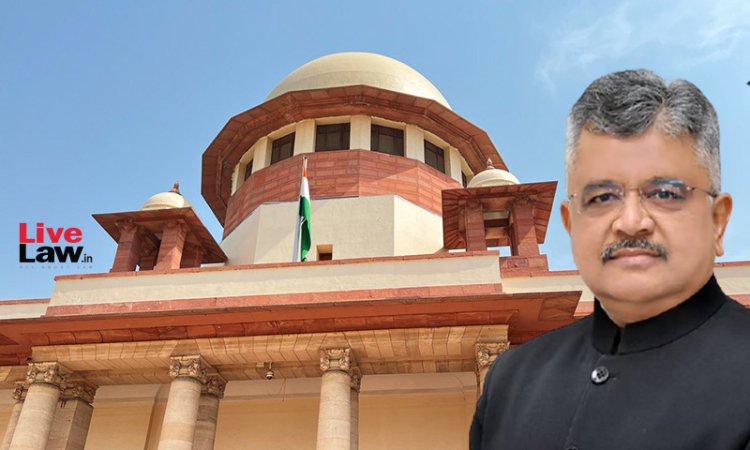PMLA in Consonance with Global Standards Set by Financial Action Task Force: Solicitor-General Tells Supreme Court
Awstika Das
25 April 2023 9:58 PM IST

Next Story
25 April 2023 9:58 PM IST
Provisions of the Prevention of Money Laundering Act, 2002 are in compliance with the global standard set by the Financial Action Task Force (FATF) and a part of the intergovernmental response to organised crime, said Solicitor-General for India Tushar Mehta. Speaking about India’s international commitments under various conventions, as well as owing to its membership of the FATF, which...
